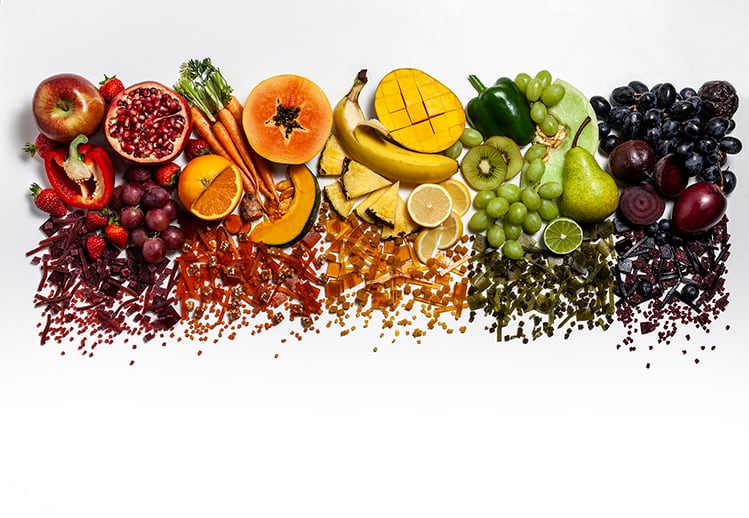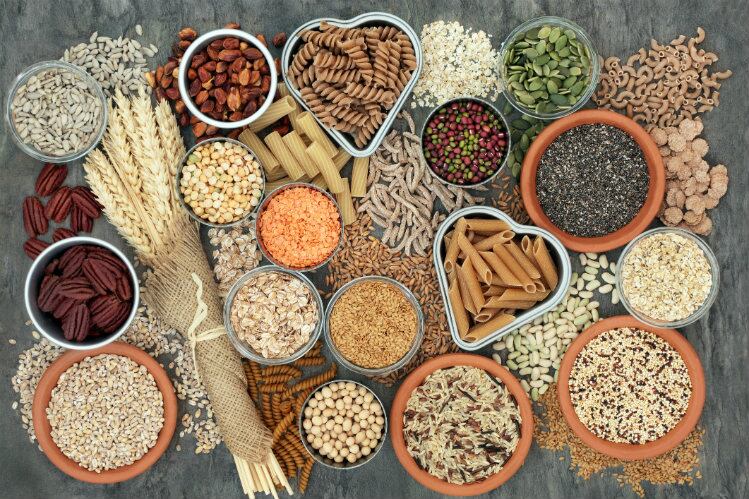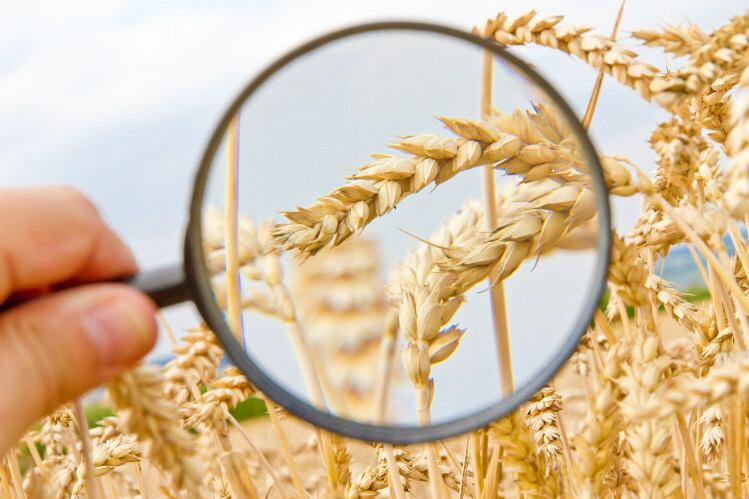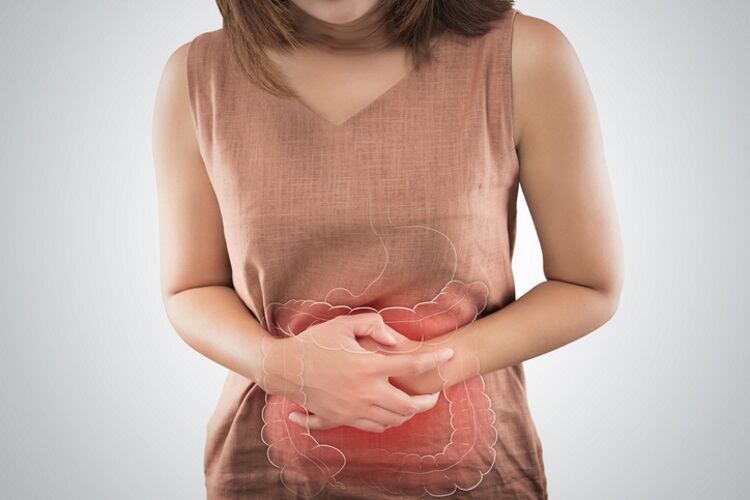Available as a concentrated fruit tablet, as a paste or an inclusion, these ingredients pack up to 15% less sugar than standard fruit inclusions. They are also vegan and free from preservatives and allergens.
Taura specializes in the Ultra Rapid Concentration (URC) process of concentrating – in less than one minute – the moisture content of fruits and vegetables to under 10%.
The New Zealand and Belgium-based company specifically developed the Jus Fruit Fibre+ line for use in snacks and baked goods, where consumers are increasingly demanding higher fiber content. In fact, one in five snacks launched in Europe since 2016 have made high-fiber claims, according to Mintel.
“Consumers are increasingly aware of the many health benefits offered by fibre, but there is a big gap between recommended daily intake and actual intake,” said Els Vandenberghe, R&D manager for Taura in Europe, Asia and the Middle East.
High fiber will only augment its place in the healthy snacking sector, she added.
JusFruit Fibre+ gives manufacturers an ingredient that packs 20g fiber per 100g with a low-calorie count. Made from purees and juices, pectin, citrus fiber and natural FTNF [from the named fruit] flavors, each of those elements must be listed on nutrition labels, Taura told us. Fibre+ also carries soluble corn fiber, which must also be listed.
"We recommend our customers to specify how much fruit has been used to make our products, up to seven times their net weight."
In terms of cost, Taura explained that replacing sugar (which it does here through tapioca starch) always poses a challenge, "from a technical and organoleptic perspective, but also from a cost perspective." Dosage in final products is typically limited to 5% to 10%, rendering a limited impact on cost, according to the supplier, which added, "The Taura fruit inclusions offer a unique opportunity to use real fruit in a bakery application, while reducing the total sugar content."
Fiber, according to health commissions
Adults should consume 25g to 38g of fiber daily – ideally through ‘a diet rich in vegetables, fruit and whole grain cereals,’ according to the Joint Research Center of the European Commission. The daily recommended intake varies in children, depending on age.
Adult residents of Scandinavian nations (Norway, Finland, Sweden, Denmark) and Germany appear to satisfy daily intake guidance, with France, Italy, Austria, Hungary and the Netherlands close behind. But those numbers dip in consumption by teens in Portugal, Belgium, the UK and Ireland – and lag for females across the board.
To tackle this discrepancy, geneticists at Arcadia Biosciences, for instance, have developed value-added wheat strain; Bay State Milling Company is currently selling flour made from this new grain under its HealthSense line in North America. Ingredients with inherent fiber content are ever-important in this era of clean label necessity, Arcadia’s chief commercial officer Sarah Reiter told BakeryandSnacks in September.
Taura hopes snack makers, in particular, will benefit from being able to boost fiber content through its concentrated, low-sugar fruit ingredients, which carry the added benefit in manufuacturing of ‘moisture migration control, flexible formulations and easy line extensions.’




